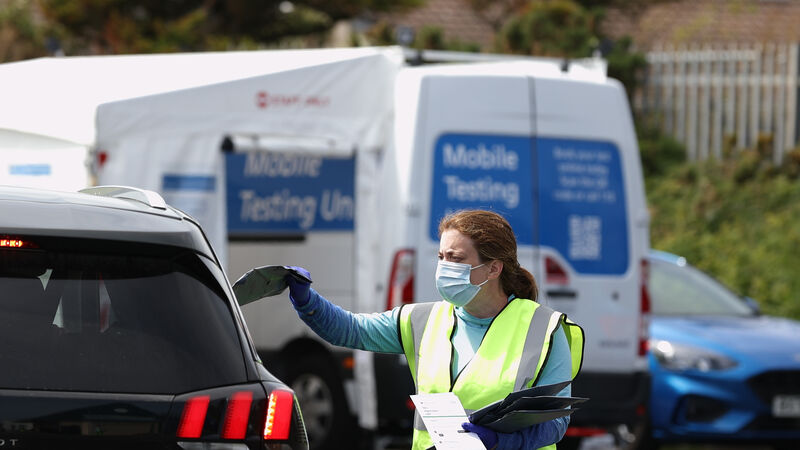UK records highest daily total of Covid cases as Omicron spreads

The UK has recorded the highest daily total of lab-confirmed Covid-19 cases since the pandemic began, as the Omicron variant spreads.
Official figures published after UK Health Security Agency (UKHSA) chief executive Dr Jenny Harries warned the strain is “probably the most significant threat” since the start of the pandemic showed there had been 78,610 new cases recorded as of 9am on Wednesday.














